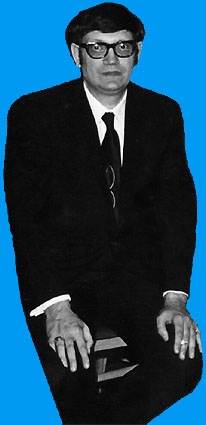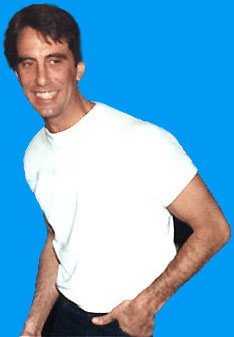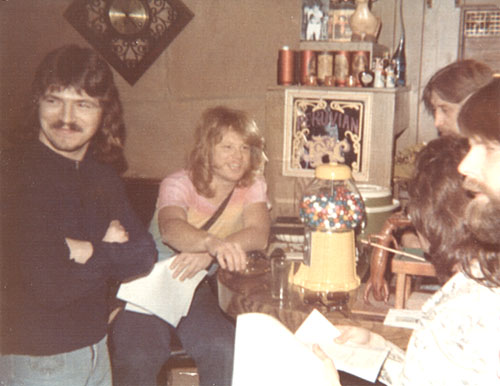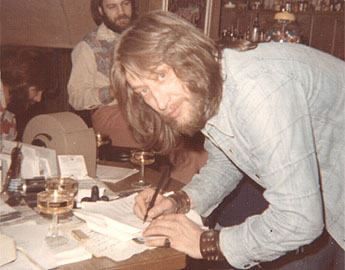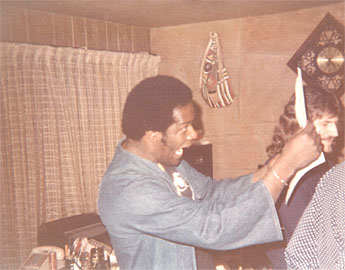|
Let's
take a hypothetical figure. Instead of charging a $10.00
guarantee for the band, Burt would drop it to $5.00 per date
(with
$2.50 in advance)
which made the promoter sleep better prior to the gigs due
to a lower guarantee , but after $5.00 in ticket sales we
would often have a 70/30 split with us getting the 70% to go
towards our costs which included personal and financial
managers and touring costs and salaries. Of course to apply
this strategy it is mandatory that you be aware of the
capacity of each venue, the history of the promoter, and
have very clear contractual definitions concerning back line
equipment and lighting companies, the type of promotion to
be used, how often, and a definite written time line when it
will be implemented. It's something for all upcoming rock
bands to consider. Always make sure that the people who
bring you to town make money. ALWAYS. You'll be back if they
do. It was not uncommon for our percentage at the break
point to generate more than the guarantees. Of course it
takes hit records, a good band and wonderful fans to do
that. Some entertainers think the audience doesn't know
diddley about music. I beg to differ. They ARE the best
critics. They are the ones who know if a song/band is good
or not, so don't fall into that lofty trap of patting
yourself on the back thinking you can feed the masses
whatever you want, as long as you get some local air play.
It just isn't so and you'd damn well better be appreciative
of the smiles you see. Very few things last forever. Oh, and
one more thing: Musicians: Stop playing like you think you
have an audience full of musicians out there. Of course,
today darn near everybody DOES play guitar, but that's not
the point. If you're out there trying to impress the
musicians by playing right on the edge of your ability all
the time ... you will find people walking out after a few
numbers and that's all you will have left ... musicians.
Audiences across America have a more sophisticated taste
concerning "what is good" than do most of the finest
musicians. Not all, but most. Trust me on this. It's the
gospel truth. If you want to know the lyrics to a song ...
ask a female. Something inherent to being a girl/woman. Guys
are melody and rhythm nerds. Women are lyric nerds. Of
course, this isn't 100% written in stone, but almost. Check
it out and see if you don't find it to be true. Musicians,
in great part, are just dysfunctional nerds following their
dream in hopes that some of you will like what they're doing
so they don't have to get a real job. If you do like their
music, it gives validity to their quest and, heaven forbid,
a means of making a living that is somewhat respectable in
our society. Big money figures. I can hear you saying, "So
why would you guys ever have to perform again in your life
if you made all that money?" Financially? Don't ask. Too
embarrassing. Why do we perform? Oh please. Surely you know
by now that we love it. Big money doesn't necessarily mean
that musicians aren't pure in their love of music. The love
of music and entertaining audiences is the key and source of
it all. If you think we always made big figures, you'd be
wrong. When we first started we were getting $500 - $750 a
night for the entire group. The managers made a considerable
initial financial investment in our band in the lean, start
up period that tends to be forgotten down the line. Oh, they
made good money as we climbed the record charts, but their
original investment was critical to the band's needs early
on. I guess I'm trying to say "thank you," after the fact.
"Thanks" Burt Jacobs. "Thanks" Bill Utley. "Thanks" Reb
Foster. Now back to S.S. Fools.
|
